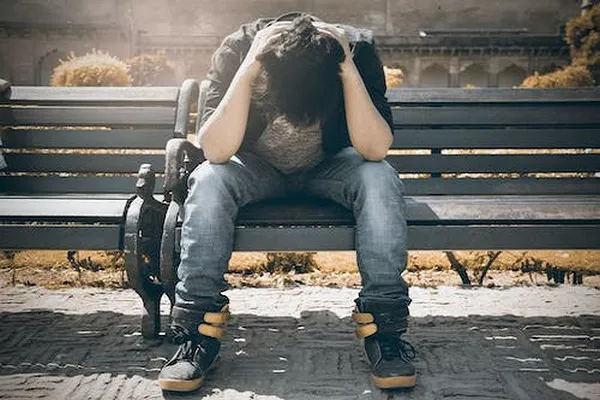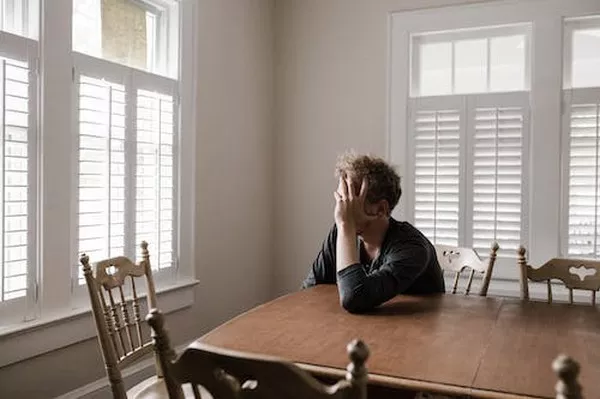Bipolar disorder is a complex mental health condition characterized by significant shifts in mood, energy levels, and behavior. People with bipolar disorder experience periods of intense highs, known as manic episodes, and periods of deep lows, known as depressive episodes. These mood swings can have a profound impact on how individuals with bipolar disorder act and interact with others.
1. Manic Episodes
During manic episodes, individuals with bipolar disorder may exhibit behaviors that are markedly different from their usual demeanor. Some common characteristics of manic behavior include:
a) Heightened Energy Levels
People experiencing a manic episode often have boundless energy, leading them to feel restless and unable to sit still. They may engage in excessive physical activities and talk rapidly.
b) Elevated Mood
A person in a manic state may appear unusually euphoric or overly optimistic. They may exhibit an inflated sense of self-confidence and feel invincible.
c) Impulsivity
Impulsive behavior is another hallmark of manic episodes. Individuals may engage in reckless activities, such as excessive spending, risky sexual behavior, or substance abuse.
d) Racing Thoughts
During mania, the mind can be flooded with rapid and disorganized thoughts, making it challenging for individuals to focus or complete tasks.
e) Reduced Need for Sleep
People in a manic state often require less sleep without feeling tired, which can contribute to increased energy levels and heightened activity.
2. Depressive Episodes
On the other end of the spectrum, depressive episodes in bipolar disorder can significantly impact a person’s behavior and emotional state. Common behaviors during depressive episodes include:
a) Persistent Sadness
Feeling sad, hopeless, or empty for an extended period characterizes depressive episodes. This emotional state can be overwhelming and difficult to overcome.
b) Fatigue and Lack of Energy
Individuals experiencing depression may feel physically and mentally drained, leading to decreased motivation and interest in daily activities.
c) Social Withdrawal
Depression can lead to a desire to isolate oneself from others, as social interactions may feel emotionally taxing or unenjoyable.
d) Changes in Appetite and Sleep
Depressive episodes may affect eating and sleeping patterns, leading to either increased or decreased appetite and disrupted sleep.
e) Difficulty Concentrating
During depressive episodes, individuals may struggle with memory and concentration, finding it hard to make decisions or complete tasks.
3. Rapid Cycling and Mixed Episodes
Some individuals with bipolar disorder experience rapid cycling, where they shift between manic and depressive states frequently. This can result in unpredictable and intense mood swings, making their behavior challenging to anticipate and manage. Additionally, some individuals may experience mixed episodes, where both manic and depressive symptoms occur simultaneously, leading to heightened emotional volatility and confusion.
4. The Importance of Support and Treatment
Living with bipolar disorder can be challenging for both individuals and their loved ones. Providing support, understanding, and encouragement to seek professional treatment are crucial steps in managing the condition effectively. Treatment options may include medication, psychotherapy, and lifestyle adjustments.
Conclusion
Understanding how people with bipolar disorder may behave during manic and depressive episodes is essential for fostering empathy and support. Bipolar disorder is a complex condition characterized by significant shifts in mood and behavior. Individuals experiencing manic episodes may exhibit elevated energy levels, impulsivity, and heightened mood, while depressive episodes can lead to social withdrawal, fatigue, and persistent sadness. By increasing awareness and promoting understanding, we can contribute to a more inclusive and compassionate society for those living with bipolar disorder. Encouraging open conversations and seeking professional help are vital steps in effectively managing this mental health condition.



























